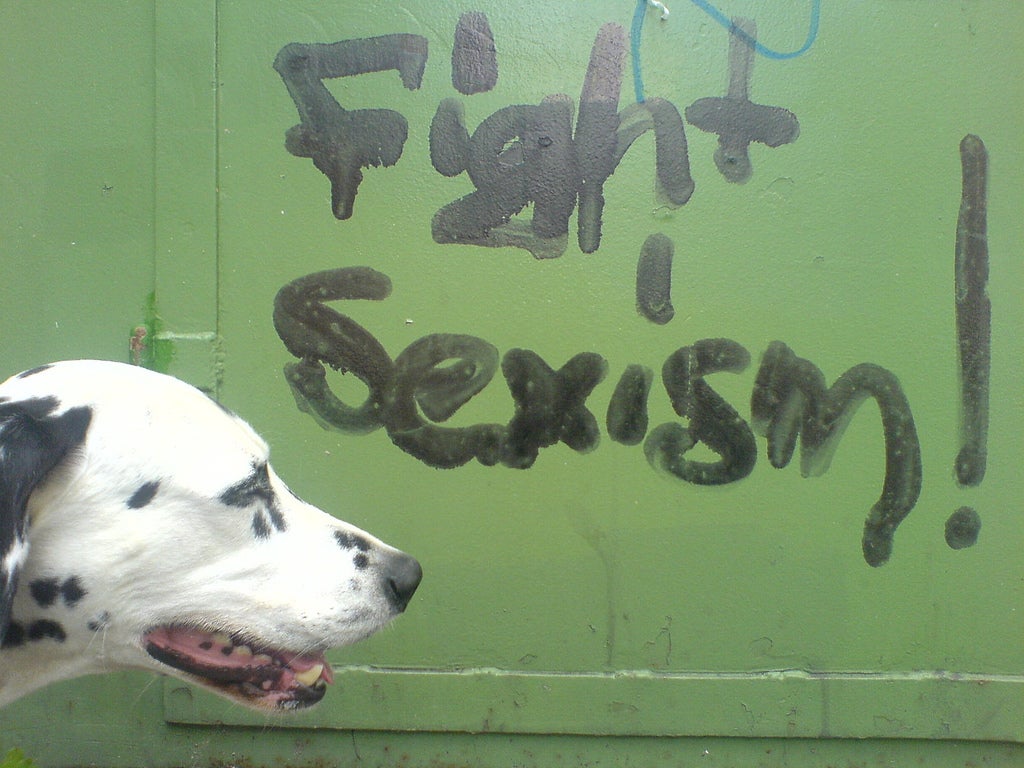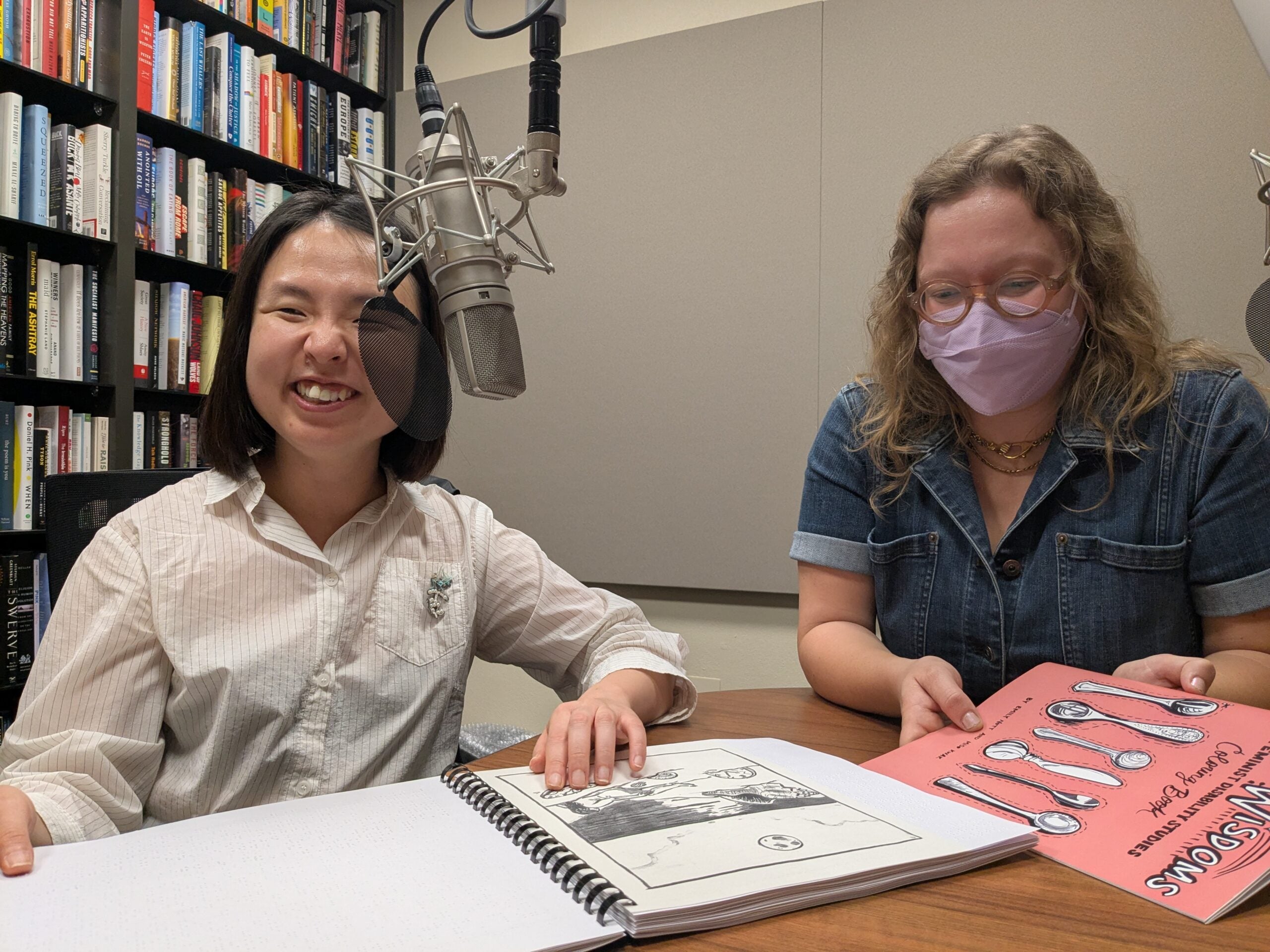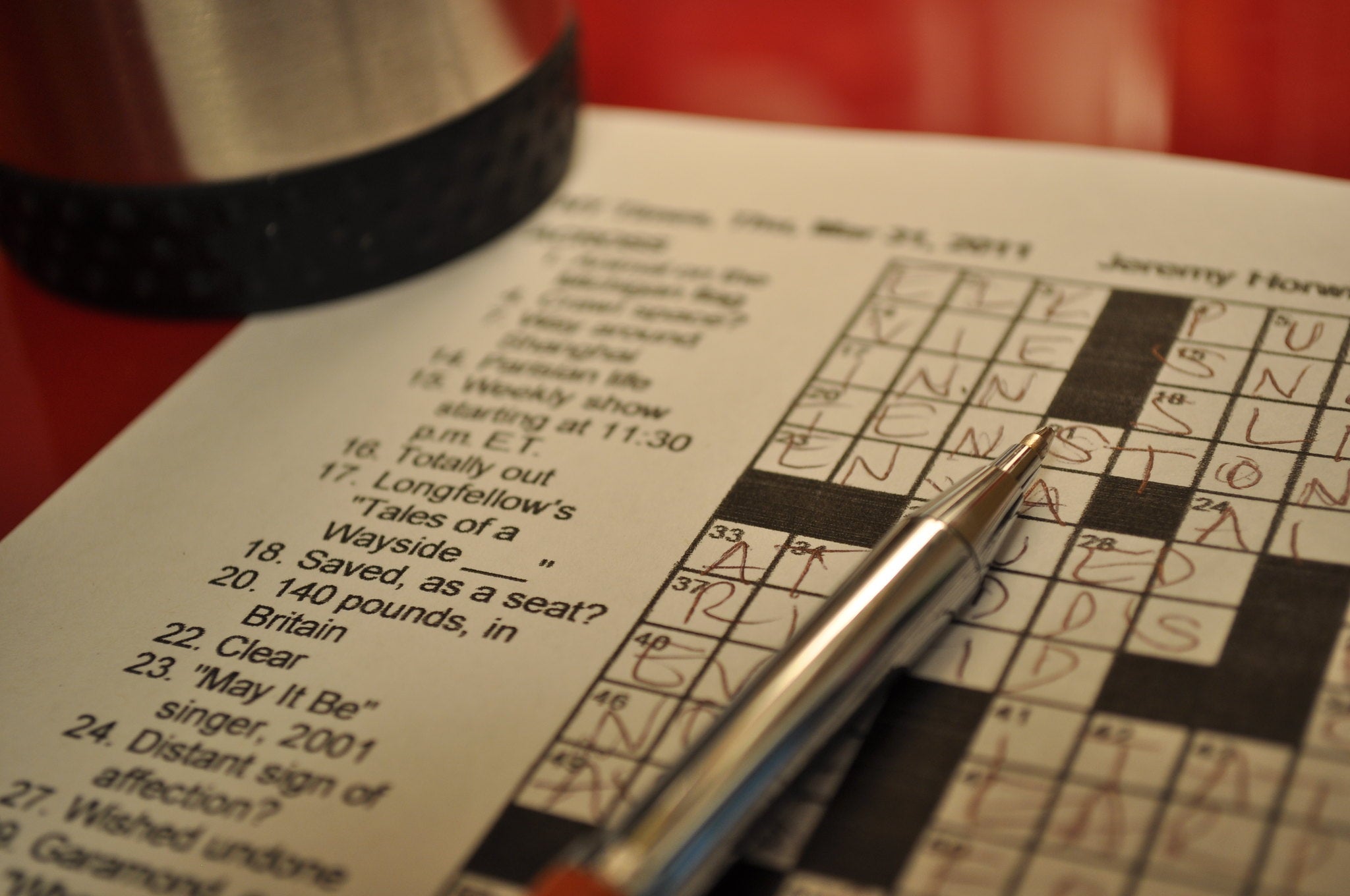Editor’s Note: From time to time, “To The Best Of Our Knowledge” ask its guests to provide a “dangerous idea” that disrupts the status quo. Doug Hofstadter is a professor of cognitive science and comparative literature at Indiana University. His dangerous idea is about a word that most of us probably use everyday: “Guys.”
One of the biggest disappointments to me has been the fact that I’ve seen the word “guys” start to become much more prevalent than generic “man” or generic “he” ever was. Now — well, for the last 30 or 40 years — people will refer to mixed groups as “you guys” or to groups of all women as “you guys.” Even a group of feminists, when they’re meeting, will say, “Well, do you guys have anything you want to report to us?”
They can be all female feminists and they’ll still say “you guys!” And yet, at the same time, the word “guys” is the quintessential word to mean males as opposed to females.
News with a little more humanity
WPR’s “Wisconsin Today” newsletter keeps you connected to the state you love without feeling overwhelmed. No paywall. No agenda. No corporate filter.
So that you’ll see magazines directed at teenage girls saying, “What guys like to see you wear,” or “How guys like to kiss.” People who use the word guys in this generic fashion they often will say, “Oh, it’s a completely genderless term for me; it doesn’t have anything to do with masculinity.”
And yet, they understand completely if they’re in a dance class and they say, “Guys, go to this side; gals, go to that side.”
There is a kind of disconnect between what they say and what they think they are feeling.
Our society is still fantastically sexist, riddled with sexism, and this sexism pervades our culture and it pervades our language. The sexism that we grow up in is not something that we’re aware of, so if people say, “Hey, you guys let’s do this …” they are unwittingly being vectors for disease: The disease of sexism.
People should think about how language works and how it’s connected to imagery. It’s not just about the word “guys.” It’s about all sorts of expressions that pervade our language. What I’m encouraging people to do is to look at words in general and to think about them and think about the degree to which sexism is involved in using a word like “heroine” for a female who is a hero. Is that good or bad for women? Is it good or bad to have a high school team called the Lady Panthers when the men’s team is called the Panthers?
These are just suggestions to open one’s eyes and ears to the fantastic amount to which our society is pervaded by sexism and sexist language. And the degree to which these things happen unconsciously and are propagated from one generation to another.


